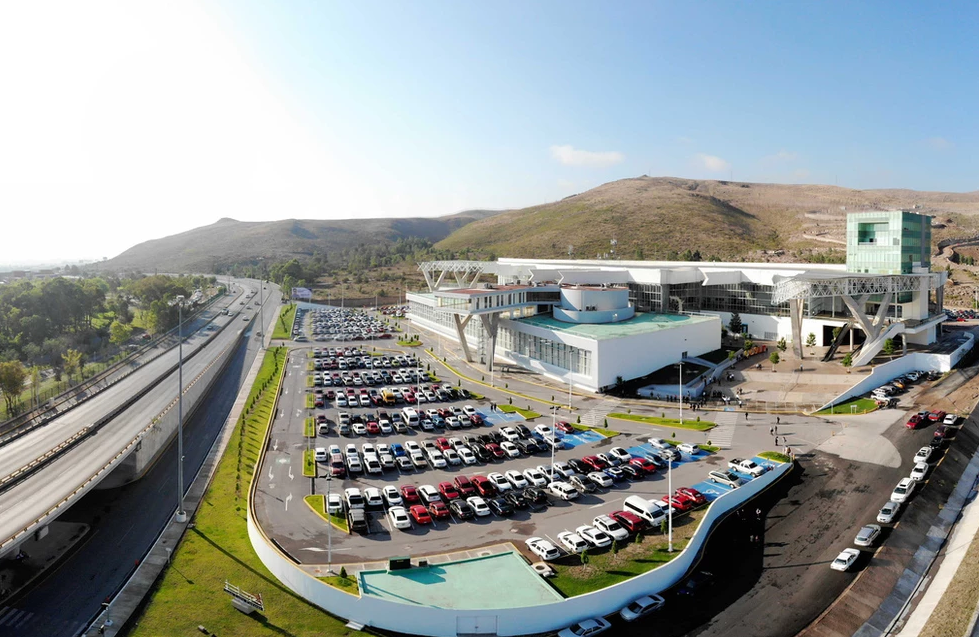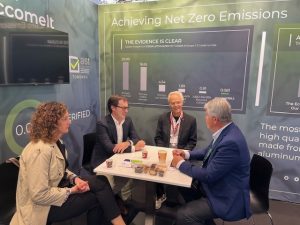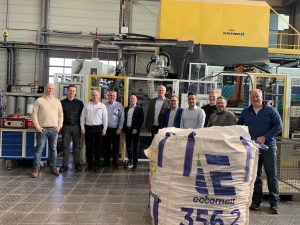Eccomelt LLC recently participated in the Alumexico 2019 Congress in San Luis Potosi, Mexico, which was held from August 21 – 23. The Congress was well attended by many major players (e.g., researchers, industrial and educational institutions, academics, and industry executives) in the Mexican aluminum industry, and also by companies from the USA, Canada, Europe, South America and China. The purpose of the conference was to provide participants with updates on the current aluminum situation, technical and economic trends, and industry projections.
Some of the topics covered at the AluMexico expo were:
• National and international aluminum situation, opportunities, and threats
• Aluminum alloys and their main applications in automotive and aerospace markets
• Structural uses of aluminum
• Metal recovery solutions
• New industries for aluminum (new applications and their growth)
• Aluminum metallurgical processes
• Heat treatments and aluminum finishing
• Die casting
• Extrusion process
• Lamination – a growing industry
Martin Hartlieb, aluminum industry expert and consultant for Eccomelt, was one of the keynote speakers at the congress and presented his paper “The USMCA and its Impact on the North American Aluminum Processing Industry”. The presentation was well received and initiated discussions on this very relevant topic. A synopsis of his paper follows.
Overview of the Current Aluminum Situation in Mexico
Mexican aluminum processors can currently purchase off-shore metal at the MWTP (duty unpaid) and therefore be more competitive, not only in North America, but also globally. However, with the implementation of the new Rules of Origin (Regional Value Content) in the Transportation industry, the new USMCA has created significantly different requirements than previously dictated by NAFTA. One example is the requirement of increased local content percentages for different components (e.g. from the current 62.5% to 75% in year 4 of the USMCA). Another example is the new rule that a minimum 70% of all aluminum and steel will have to originate in North America.
For certain components, the 70% rule can be significantly higher, since an overall 75% regional value content is required. This percentage requirement will change the market dynamics drastically, and Mexican aluminum processors will nevertheless experience an urgent need to prepare and adjust for this new reality.
Martin Hartlieb Paper Highlights the Importance of Sustainable Practices in Metal Industries | Recycled A356.2
As all North American primary metal is about 10% more expensive than off-shore metal, the most promising way to remain competitive is to increase the use of clean and adequate recycled aluminum, such as Eccomelt356.2. During the discussions and plant tours throughout the Congress it became evident that, in Mexico, sustainability is more important than ever before. Recycled content can help companies to reach their goals of reducing the carbon footprint of aluminum products.
Since the Congress was not limited to foundries or die casters, many cast houses and extrusion companies also attended and were made aware of the significant benefits of Eccomelt356.2. Indeed, foundries in Mexico have been using Eccomelt356.2 for several years already and are continuously increasing its input. As a result, OEMs and Tier 1s throughout Mexico are benefitting from very clean metal like Eccomelt356.2, and at the same time they are realizing that their recycling content limits in castings can be thereby increased without compromising on their high standards for mechanical properties.
Eccomelt356.2 | Direct Substitute for A356.2 Ingot, Sow & T-bar
Alongside Alcan R&D, Eccomelt has developed a patented revolutionary process that produces a specification alloy from aluminum wheels at a lower cost than traditional methods and that meets that EPA definition of CLEAN CHARGE.
Eccomelt ships products to foundries within North America including the United States, Canada, and Mexico, and worldwide, such as France, Ireland, Italy, Serbia, and Spain. Our product is the material of choice for many consumers because it is chemically pure and environmentally-friendly. Its shredded form has achieved higher melting rates than Ingot, Sow or T-Bar. Environmental testing has also proven the process eliminates all coatings.




